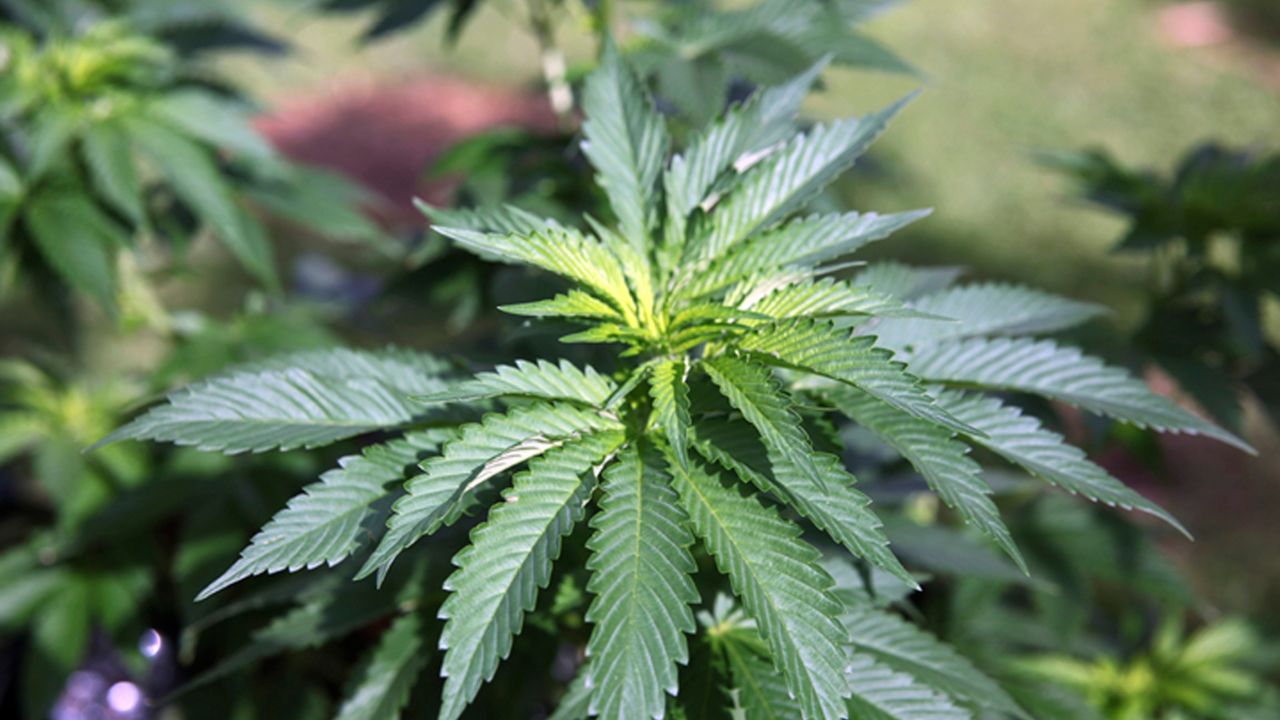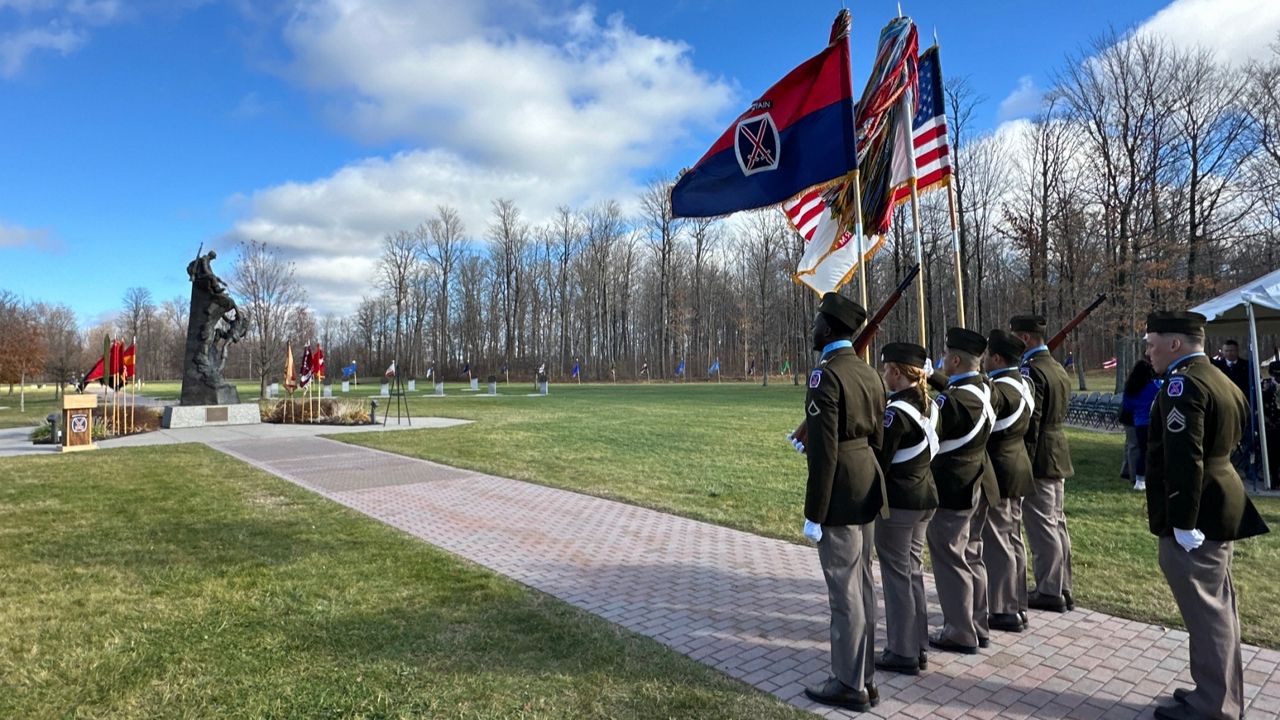FLORIDA — Local state lawmakers have filed legislation for veterans so they can gain medical marijuana cards.
- Bill sponsors: Veterans who deal with pain, PTSD become dependent on opioids
- Medical marijuana is a safer treatment option, they say
The idea is to offer recovering veterans an option other than opioids and if this legislation passes, it would be the first medical marijuana discount offered in Florida.
In the wake of voter-approved legalization of medical marijuana in 2016, a growing number of Florida veterans are turning to the drug to treat their conditions. Some say medical marijuana is easier to obtain and consume than opioid-based drugs, in addition to being less habit-forming.
Two Democratic lawmakers, State Sen. Janet Cruz and state rep. Adam Hattersley, teamed up to file this legislation. They say that too many Florida veterans are becoming dependent on opioids to treat chronic conditions related to their military service.
In the words of the Senate bill's sponsor, Sen. Janet Cruz (D-Tampa), "providing free medical marijuana cards for service-disabled veterans is a benefit that I hope will encourage alternative treatments and help address the opioid crisis facing veterans."
Of Florida's 1.5 million veterans, a substantial number - totaling tens of thousands - have developed service-related disabilities ranging from nerve damage to post-traumatic stress disorder. If this passes, they would all be eligible to obtain or renew their medical marijuana card for free.
Several other states already offer similar discounts.
And Hattersley, who is an Iraq war veteran, says he has seen what recovery looks like for soldiers injured in active duty.
He feels it is his responsibility to help these service members get whatever medicine they need to get relief.
Medical marijuana patient advocates are generally supportive of the legislation. They say it will enable Florida's medical marijuana patient population to grow even faster than it already is.
Under current state regulations (which are being challenged in court), licenses to grow and dispense medical marijuana are limited to a handful of deep-pocketed companies. As the patient population grows, more licenses will become available.
The bills have been filed for consideration during the 2020 legislative session, which begins in January.








